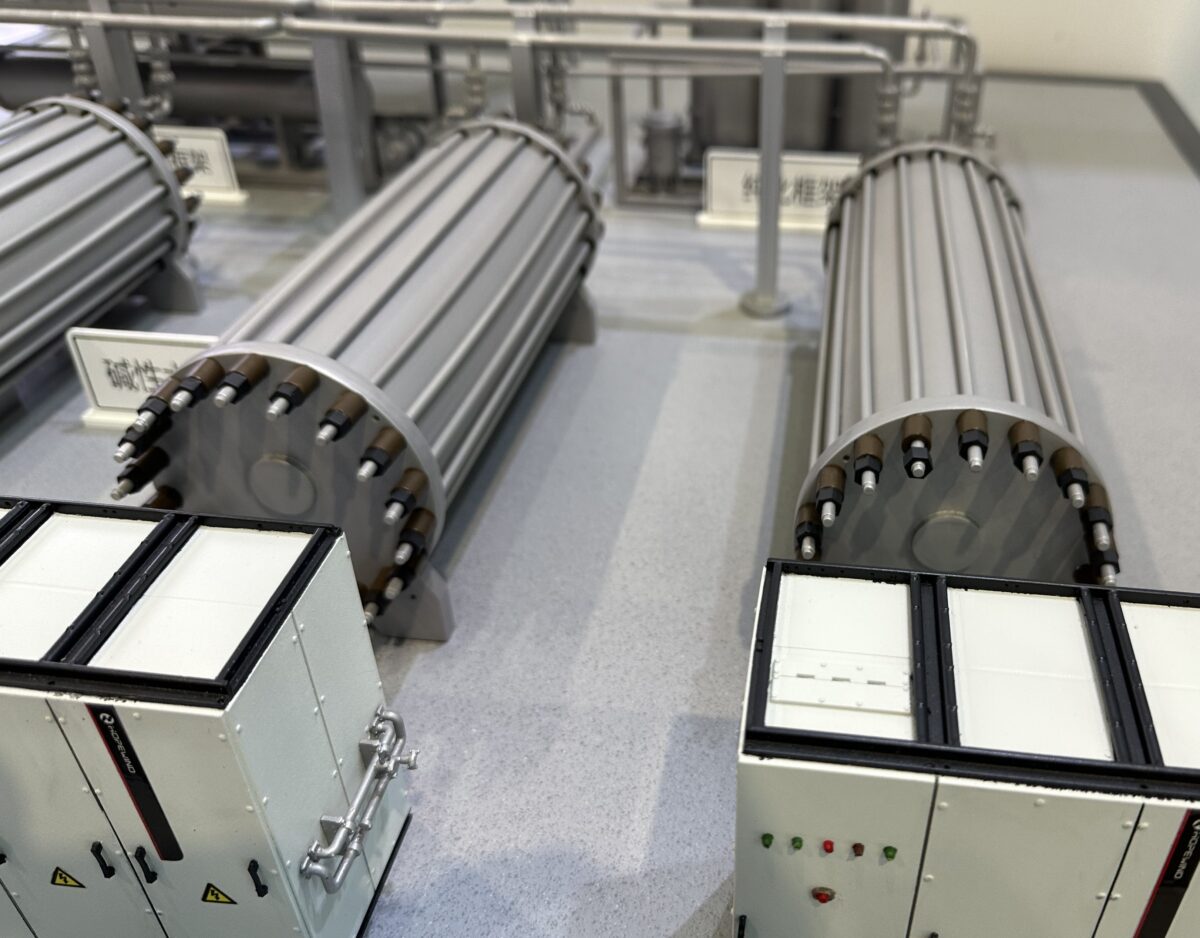The European Commission published the final terms and conditions (T&Cs) for its second auction for renewable hydrogen (IF24 Auction), via the Innovation Fund. The auction will open on December 3, 2024, and will award up to €1.2 billion in support to renewable hydrogen producers in the European Economic Area (EEA). The successful bidders under the IF24 Auction will receive a fixed premium in €/kg of renewable hydrogen produced over a maximum of ten years.
Germany's Fraunhofer Institute for Energy Economics and Energy System Technology IEE has analyzed the economic effects on the European energy system of introducing offshore hydrogen production and that Germany can achieve annual savings of up to €4.3 billion ($4.76 billion) by establishing offshore hydrogen production on two energy islands. “The two energy islands have a limited connection to the power grid and are located around 150 km from the shoreline in the German economic zone of the North Sea. The savings are primarily driven by reduced grid buildout costs, especially cables from the coastline to the center of Germany, as well as higher utilization of the HVDC cables,” said the research institute, referring to an offshore hydrogen production on two energy islands connected with 10 GW offshore wind each, compared to a scenario where all electricity from offshore wind farms is transported to shore and can be used within the German energy market without further restrictions.
The University of Houston said that the Texas Gulf Coast has the opportunity to achieve “global hydrogen dominance.” The institution explained that the HyVelocity Hub aims to reduce carbon emissions to less than 2 kg per kg of hydrogen within a decade. According to the report, Texas could reach 21 million tons per year (Mtpa) of clean hydrogen production by 2050, with 12 Mtpa meeting local demand and 9 Mtpa for exports.
Mitsubishi Power said that its JAC gas turbine has now moved into implementation through a partnership with Chevron New Energies at the Advanced Clean Energy Storage (ACES Delta) Hub in Delta, Utah. “The hub will use excess renewable energy to convert green hydrogen and store it in two massive salt caves underground,” said the Japanese group, adding that the neighboring power plant, IPP Renewed, will accommodate an 840 MW gas turbine combined cycle plant initially powered by a blend of hydrogen and natural gas. “By 2045 or sooner, it will run on 100% hydrogen,” said Mitsubishi Power Americas.
The European Commission launched a 4-week call for feedback on the draft delegated act, which clarifies the methodology for evaluating the emission savings of low-carbon hydrogen and fuels. This secondary legislation is required under the revised EU hydrogen and gas market legislation that entered into force over the summer. “The Commission has 12 months following the entry into force to clarify the definition of low carbon hydrogen through a Delegated Regulation, but is seeking to have the rules in place earlier,” said the European executive body.
This content is protected by copyright and may not be reused. If you want to cooperate with us and would like to reuse some of our content, please contact: editors@pv-magazine.com.



By submitting this form you agree to pv magazine using your data for the purposes of publishing your comment.
Your personal data will only be disclosed or otherwise transmitted to third parties for the purposes of spam filtering or if this is necessary for technical maintenance of the website. Any other transfer to third parties will not take place unless this is justified on the basis of applicable data protection regulations or if pv magazine is legally obliged to do so.
You may revoke this consent at any time with effect for the future, in which case your personal data will be deleted immediately. Otherwise, your data will be deleted if pv magazine has processed your request or the purpose of data storage is fulfilled.
Further information on data privacy can be found in our Data Protection Policy.